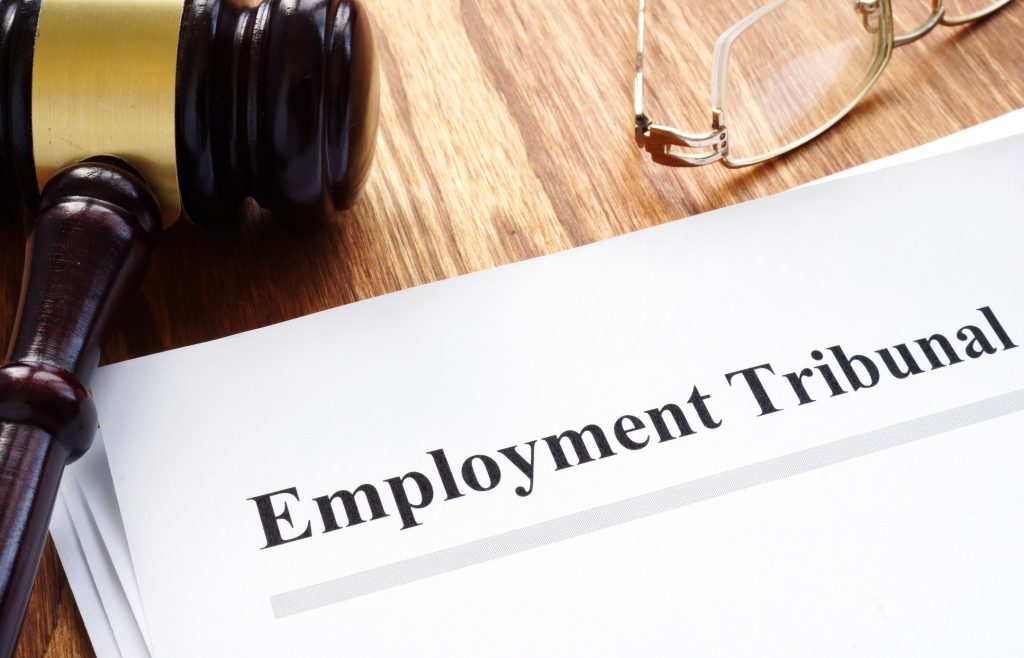In the case of Eddie Stobart Ltd v Graham [2025], the Employment Appeal Tribunal [EAT] overturned the Tribunal’s award of £10,000 for injury to feelings.
While the case offers further guidance on how claimants can prove eligibility for an injury to feelings award, these types of claims still require extensive evidence. Given how subjective the award is, many may feel discouraged to make a claim.
Tessa Harris, Employment Law Director at Redmans Solicitors, elaborates on how injury to feelings is calculated, why the compensation was considered high in this recent tribunal case, and if it is worth making an injury to feelings claim.
Brief Background
Miss Graham (“Claimant”) had been employed by Eddie Stobart Limited (“Respondent”) for around 10 months as a Planner. She began employment in July 2021 on a gross annual salary of £28,000. Subsequently, in October 2021, she told her employer that she was pregnant.
In March 2022, a formal 30-day consultation period commenced in relation to a proposed redundancy of nine Planners, including the Claimant. There were also talks of creating a new role within the company. The Claimant asserted her right to be offered suitable alternative employment during maternity leave, under Regulation 10 of the Maternity and Parental Leave etc Regulations 1999 (MAPLE Regulations).
However, the Respondent found that the new role was not a suitable alternative and required the Claimant to interview competitively for the post. The Claimant was unsuccessful in the interview, and her role was made redundant on 26 May 2022.
The Employment Tribunal’s Judgment
The Claimant presented claims of:
- Automatic unfair dismissal
- A breach of Regulations 19 and 20 of the MAPLE Regulations
- Six detriments contrary to section 47C of the Employment Rights Act 1996
- Pregnancy and maternity discrimination
- Victimisation
The Employment Tribunal only partially upheld her claims, namely for her complaints of detrimental treatment contrary to section 47C and pregnancy /maternity discrimination.
On consideration of remedy, the Employment Tribunal found that the Claimant had been upset due to the “way in which she had been dealt with by the Respondent regarding her redundancy” and the “failure in dealing with her grievance by the Respondent” – despite raising the issue multiple times. The Tribunal awarded the Claimant £10,000 for injury to feelings.
Calculating Injury to Feelings Awards
Many have heard of the case Vento v Chief Constable of West Yorkshire Police (No.2), which formed the basis of the Vento bands.
Now, the new Vento Bands, which come into effect for claims presented on or after 6 April 2025, are as follows:
- A lower band of £1200 to £12,100 (less serious cases)
- A middle band of £12,100 to £36,400 (cases that do not merit an award in the upper band); and
- An upper band of £36,400 to £60,700 (the most serious cases with the most exceptional cases capable of exceeding £60,700)
These bands form the starting point of what region of compensation could be awarded in the event a discrimination claim is successful.
The EATs Decision
The Respondent appealed the compensation, suggesting that it was “excessive as to be perverse”. They also outlined that the Claimant had failed to provide sufficient evidence to prove that her feelings had been injured to warrant a £10,000 award.
Considering these facts, the EAT agreed with the Respondent, finding that £10,000 was significantly too high in the circumstances. So, it substituted the award to £2000 plus interest, citing “there can be no award of compensation if there is no evidence of injury”. Given that the Claimant had failed to evidence her injured feelings properly, the sum was not suitable.
This case was particularly helpful in giving further guidance on what evidence should be provided by Claimants when justifying why they should receive their injury to feelings compensation. In particular, evidence should include:
- The Claimant’s description of their injury
- Duration of consequences (is it fleeting or lasting a long time)
- Effect on past, current and future work
- Effect on personal life or quality of life
These factors, alongside similar or comparable case law where injury to feelings has been awarded, are clearly the appropriate approach when determining these awards.
Injury to Feelings Awards: Can Employees Justify Higher Compensation?
Whilst injury to feelings has always been a somewhat subjective award, this recent case has laid out clear guidelines around how to consider the level of injury to feelings, alongside the pre-established Vento Bands. On that basis, employees, when being advised, could gain a better understanding of the level of evidence they should provide.
There are certainly positives and negatives to this guidance. Now, employees have more guidance as to how to justify the compensation levels for injury to feelings. If ample evidence is shown, a greater compensation level could be justified. But this begs the question – If an employee cannot show the level of injury, does this mean that the employer effectively gets a small financial penalty?
For big multimillion pound companies, smaller penalties will have very little effect and could essentially allow them to ‘get away’ with wrongdoing, even when the treatment is clearly discriminatory.
Are Injury to Feelings Claims Worth It?
The yearly increase in the Vento Bands, and therefore the increase in compensation levels, assist with how the case will impact an individual's rights. Nevertheless, the burden of providing ample evidence may cause concern to those who are facing discriminatory treatment. In such a situation, would it still be worth proceeding with a claim? – Our advice is yes.
Eddie Stobart Ltd v Graham is but one case, and opportunity for further caselaw to override or add additional guidelines could arise. This could lead to larger sums of compensation for injury to feelings awards without the need for as much evidence to justify the injury. In addition, there is limited guidance on what constitutes a suitable amount of evidence. This, again, is subjective and renders an opportunity for flexibility and fact-based analysis.
Whilst there are certainly benefits to the judgment in Eddie Stobart Ltd v Graham, there are possible pitfalls that could impact many individuals facing the Tribunal. It is a case of waiting to see what happens in future claims.





















